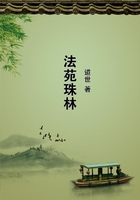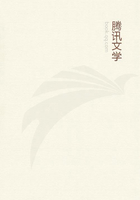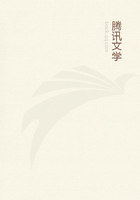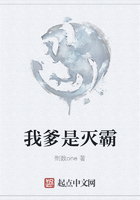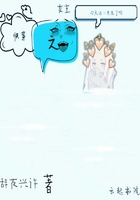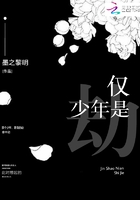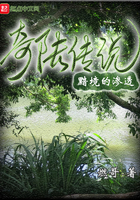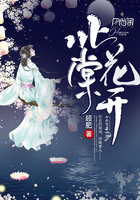By P. GILES, M.A., LL.D. (Aberdeen), Reader in Comparative Philology in the University of Cambridge.
In no study has the historical method had a more salutary influence than in the Science of Language. Even the earliest records show that the meaning of the names of persons, places, and common objects was then, as it has always been since, a matter of interest to mankind. And in every age the common man has regarded himself as competent without special training to explain by inspection (if one may use a mathematical phrase) the meaning of any words that attracted his attention. Out of this amateur etymologising has sprung a great amount of false history, a kind of historical mythology invented to explain familiar names. A single example will illustrate the tendency. According to the local legend the ancestor of the Earl of Erroll--a husbandman who stayed the flight of his countrymen in the battle of Luncarty and won the victory over the Danes by the help of the yoke of his oxen--exhausted with the fray uttered the exclamation "Hoch heigh!"The grateful king about to ennoble the victorious ploughman at once replied:
"Hoch heigh! said ye And Hay shall ye be."
The Norman origin of the name Hay is well-known, and the battle of Luncarty long preceded the appearance of Normans in Scotland, but the legend nevertheless persists.
Though the earliest European treatise on philological questions which is now extant--the "Cratylus" of Plato,--as might be expected from its authorship, contains some acute thinking and some shrewd guesses, yet the work as a whole is infantine in its handling of language, and it has been doubted whether Plato was more than half serious in some of the suggestions which he puts forward. (For an account of the "Cratylus" with references to other literature see Sandys' "History of Classical Scholarship", I. page 92 ff., Cambridge, 1903.) In the hands of the Romans things were worse even than they had been in the hands of Plato and his Greek successors.
The lack of success on the part of Varro and later Roman writers may have been partly due to the fact that, from the etymological point of view, Latin is a much more difficult language than Greek; it is by no means so closely connected with Greek as the ancients imagined, and they had no knowledge of the Celtic languages from which, on some sides at least, much greater light on the history of the Latin language might have been obtained. Roman civilisation was a late development compared with Greek, and its records dating earlier than 300 B.C.--a period when the best of Greek literature was already in existence--are very few and scanty. Varro it is true was much more of an antiquary than Plato, but his extant works seem to show that he was rather a "dungeon of learning" than an original thinker.
A scientific knowledge of language can be obtained only by comparison of different languages of the same family and the contrasting of their characteristics with those of another family or other families. It never occurred to the Greeks that any foreign language was worthy of serious study. Herodotus and other travellers and antiquaries indeed picked up individual words from various languages, either as being necessary in communication with the inhabitants of the countries where they sojourned, or because of some point which interested them personally. Plato and others noticed the similarity of some Phrygian words to Greek, but no systematic comparison seems ever to have been instituted.
In the Middle Ages the treatment of language was in a sense more historical. The Middle Ages started with the hypothesis, derived from the book of Genesis, that in the early world all men were of one language and of one speech. Though on the same authority they believed that the plain of Shinar has seen that confusion of tongues whence sprang all the languages upon earth, they seem to have considered that the words of each separate language were nevertheless derived from this original tongue. And as Hebrew was the language of the Chosen People, it was naturally assumed that this original tongue was Hebrew. Hence we find Dante declaring in his treatise on the Vulgar Tongue (Dante "de Vulgari Eloquio", I. 4.) that the first word man uttered in Paradise must have been "El," the Hebrew name of his Maker, while as a result of the fall of Adam, the first utterance of every child now born into this world of sin and misery is "heu," Alas!
After the splendidly engraved bronze plates containing, as we now know, ritual regulations for certain cults, were discovered in 1444 at the town of Gubbio, in Umbria, they were declared, by some authorities, to be written in excellent Hebrew. The study of them has been the fascination and the despair of many a philologist. Thanks to the devoted labours of numerous scholars, mainly in the last sixty years, the general drift of these inscriptions is now known. They are the only important records of the ancient Umbrian language, which was related closely to that of the Samnites and, though not so closely, to that of the Romans on the other side of the Apennines. Yet less than twenty years ago a book was published in Germany, which boasts itself the home of Comparative Philology, wherein the German origin of the Umbrian language was no less solemnly demonstrated than had been its Celtic origin by Sir William Betham in 1842.

